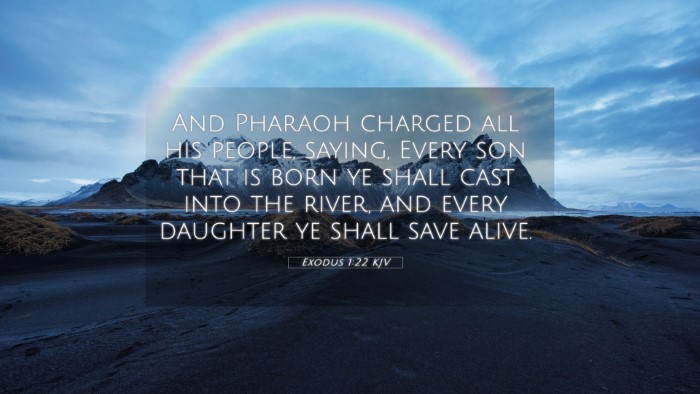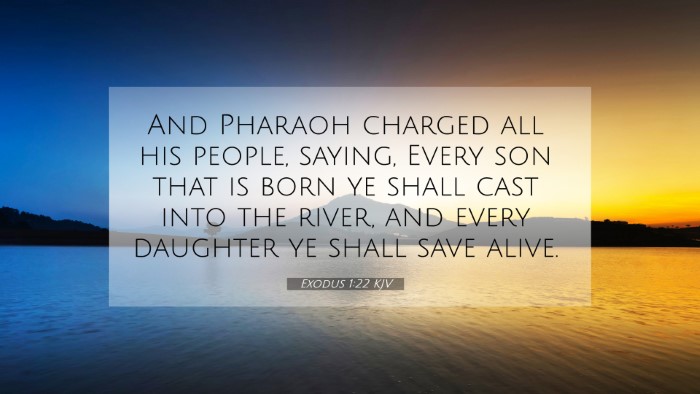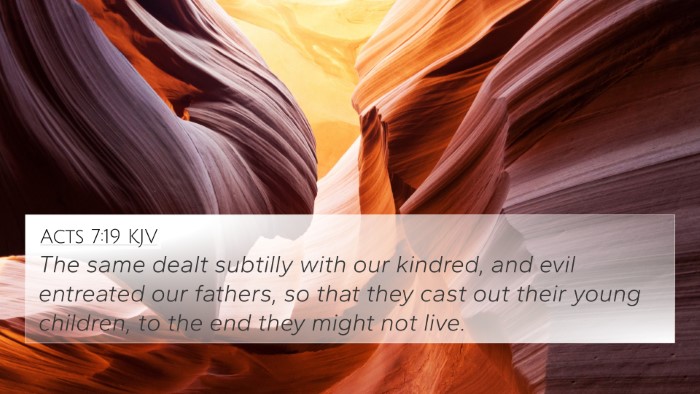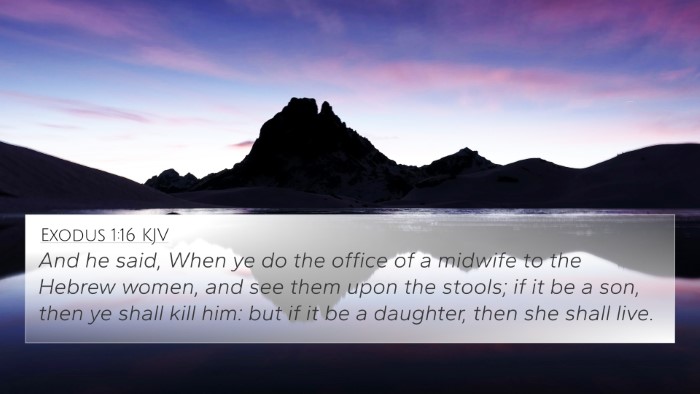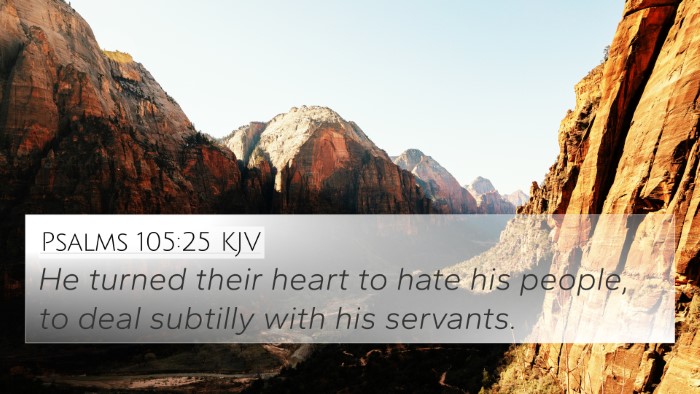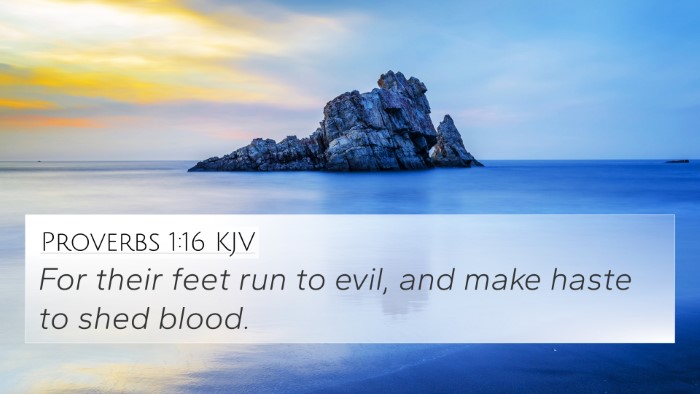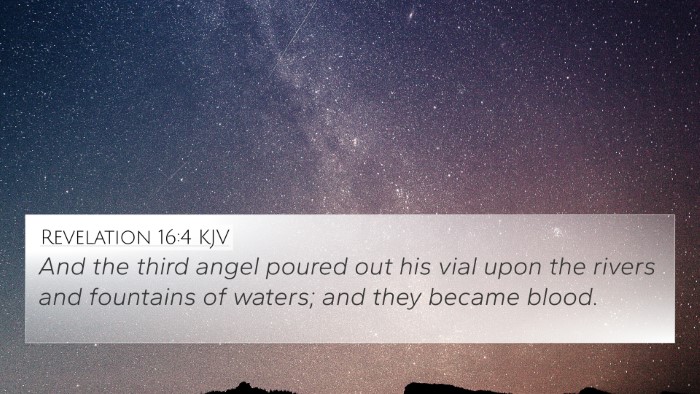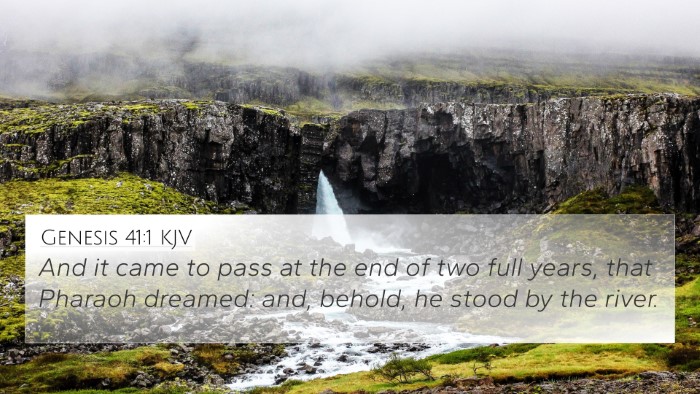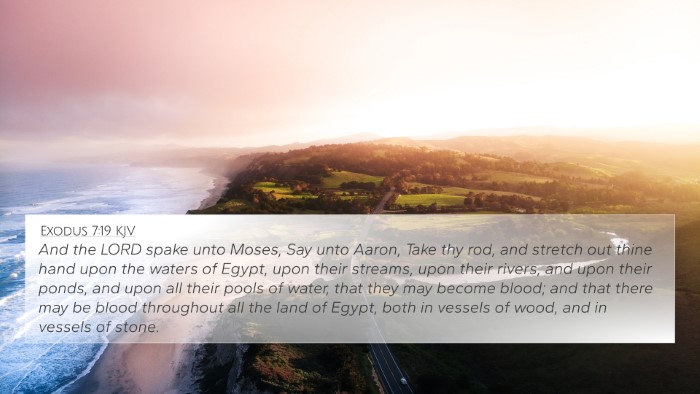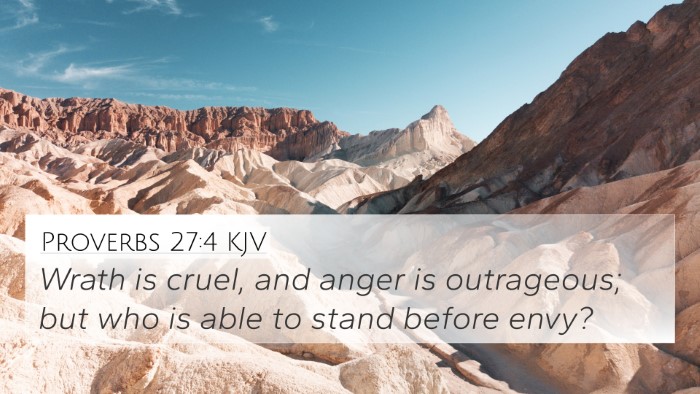Understanding Exodus 1:22
Exodus 1:22 states:
“And Pharaoh charged all his people, saying, Every son that is born ye shall cast into the river, and every daughter ye shall save alive.”
This verse presents a grim directive from Pharaoh to his people, ordering them to cast every newborn Hebrew boy into the Nile River while allowing the girls to live. It reflects the desperate measures taken by Pharaoh to control the growing population of the Israelites, whom he perceived as a threat to his rule. Below, we explore various insights drawn from public domain commentaries to glean a more profound understanding of this verse.
Commentary Insights
Matthew Henry
In his commentary, Matthew Henry emphasizes the cruelty inherent in Pharaoh's command. He views this as an act of oppression against God's people. Henry highlights that Pharaoh's motive was not merely self-preservation but also rooted in his fear of God's promises to the Israelites. The command reflects not only a historical reality but also a spiritual conflict between the powers of the world and the purposes of God.
Albert Barnes
Albert Barnes elaborates on the political context. He notes that Pharaoh acted out of a combined desire to consolidate power and eliminate opposition. Barnes points out that this edict was part of a systematic attempt to weaken the Israelite population to prevent them from becoming a threat. He further stresses the moral implications, indicating that such governance reflects a lack of just leadership.
Adam Clarke
Adam Clarke approaches the verse with a focus on the dramatic symbolism of the river. He suggests that casting children into the Nile could represent a overarching rejection of life and a desperate appeal to suppress any potential future leaders. Clarke emphasizes that this act sets the stage for the subsequent narrative of deliverance that follows through figures like Moses, who was saved from this fate.
Thematic Cross-References
Exodus 1:22 connects with several significant themes throughout the Bible. Here are some related Bible verses that highlight the underlying themes of oppression, survival, and divine intervention:
- Genesis 37:20: The betrayal of Joseph reflects underlying familial tension and threats to leadership.
- Exodus 2:2: Moses's birth and the immediate danger surrounding him illustrate God's providence amid peril.
- Psalm 137:1-6: Captivity and longing for one's homeland echo the sentiments found in Exodus.
- Revelation 12:4: A prophetic allusion mirrors Pharaoh's actions in attempting to destroy a future deliverer.
- Acts 7:19: Stephen's account provides historical perspective, noting Pharaoh's cruel intentions.
- Matthew 2:16: King Herod's massacre of infants presents a parallel in the New Testament.
- Romans 8:31-32: The assurance of God's favor stands in contrast to human oppression.
Connecting Themes
The directive in Exodus 1:22 is thematically linked to broader narratives of persecution, survival, and eventual salvation found throughout Scripture. Here are key connections:
- The Oppression of God's People: This theme is prevalent in the story of the Israelites in Egypt, where they faced systemic violence.
- Divine Protection: Similar narratives exist in the stories of Moses and Jesus, illustrating how God preserves His chosen ones despite attempts against them.
- The Role of Women: The survival of Israelite girls, such as Moses’s sister Miriam, highlights the critical role of women even in dire circumstances.
- God's Sovereignty: Despite human attempts to thwart His plans, God’s purposes prevail, exemplified in His choice of Moses to lead the Exodus.
Tools for Bible Cross-Referencing
For those studying Scripture, utilizing a bible concordance or bible cross-reference guide can enhance understanding. These tools will assist in:
- Identifying key connections between passages, such as between Exodus and the leadership narratives in Judges.
- Engaging in a cross-reference Bible study that illuminates recurring themes.
- Understanding how different verses provide context for one another, particularly in the Old and New Testaments.
Conclusion
Exodus 1:22 serves not only as a historical account but as an invitation to explore deeper themes concerning power, oppression, and divine purpose. By leveraging cross-referenced biblical texts and thematic connections, believers can gain a fuller understanding of how God interweaves His story through the ages.

